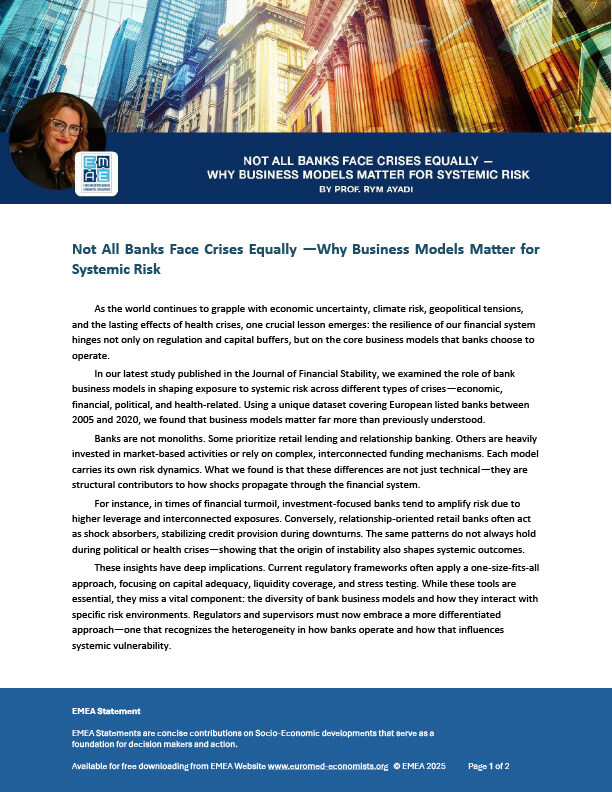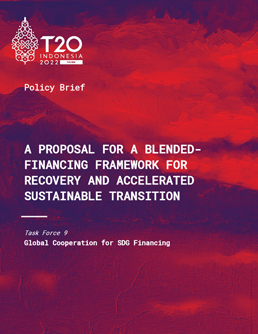Author: Rym Ayadi
Whilst the COVID-19 pandemic continues its successive waves worldwide, the eruption of the war in Ukraine has disrupted the global economic recovery. Low-income countries (LICs) and lower-middle-income countries (LMICs) will face major financial and economic challenges to alleviating the social cost of the pandemic, together with rising food and energy prices, whilst committing to the net-zero scenario and complying with the United Nations Sustainable Development Goals (SDGs).
The paper proposes a public-private sustainable finance fund/plan as part of the global economic recovery plan to accelerate the sustainable transition. This proposal extends a previous proposal1 introducing a mechanism, which includes the private sector, aimed at restructuring the existing piles of sovereign debt and interest and extending it to finance a sustainable recovery, compliant with the SDG principles whilst committing to the netzero scenario.
Extending this mechanism and making it mapped and compliant to SDGs via the introduction of an environmental, social and governance (ESG) matrix would reduce uncertainty about the sustainable transition, economic hardship from the potential disorderly restructuring and sovereign debt opaqueness and would facilitate private sector involvement in financing the sustainable transition that is fully SDG-compliant. At the same time, it would commit to sovereign debt transparency and monitor and place these countries on a post-COVID-19 recovery path that is also SDG compliant.


